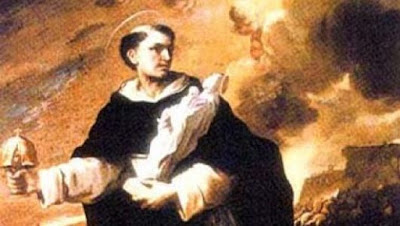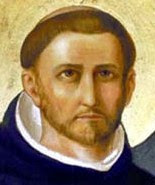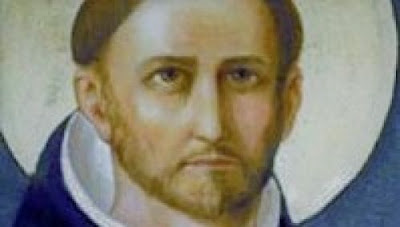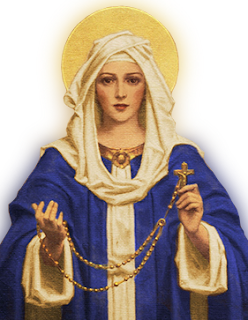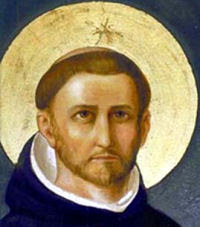Feast of Our Lady of the Rosary | 2017
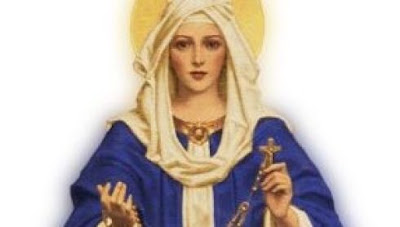
Memorial - October 7th Originally known as "Our Lady of Victory," the feast recalls the Battle of Lepanto, a 16th century naval action in which Christian forces (the Holy League) repelled a massive Turkish invasion. Pope Saint Pius V attributed the victory to the divine intervention of the Blessed Virgin Mary after urging Europe's Christians to pray the Rosary for our Lady's intercession. Some accounts contend St. Pius V was granted a miraculous vision of the Holy League's victory. In 1573, St. Pius V established the feast. Clement XI extended it to the universal Church in 1716. A Brief History of the Rosary According to tradition, in the 12th century, the Rosary was given to Saint Dominic by Mary herself. But the devotion spread by Dominic did not resemble the Rosary we pray today. Originally, the Rosary had 150 beads, representing the number of psalms in the Bible. Religious orders recited the 150 Psalms daily as a way to mark the hours. Those wh
